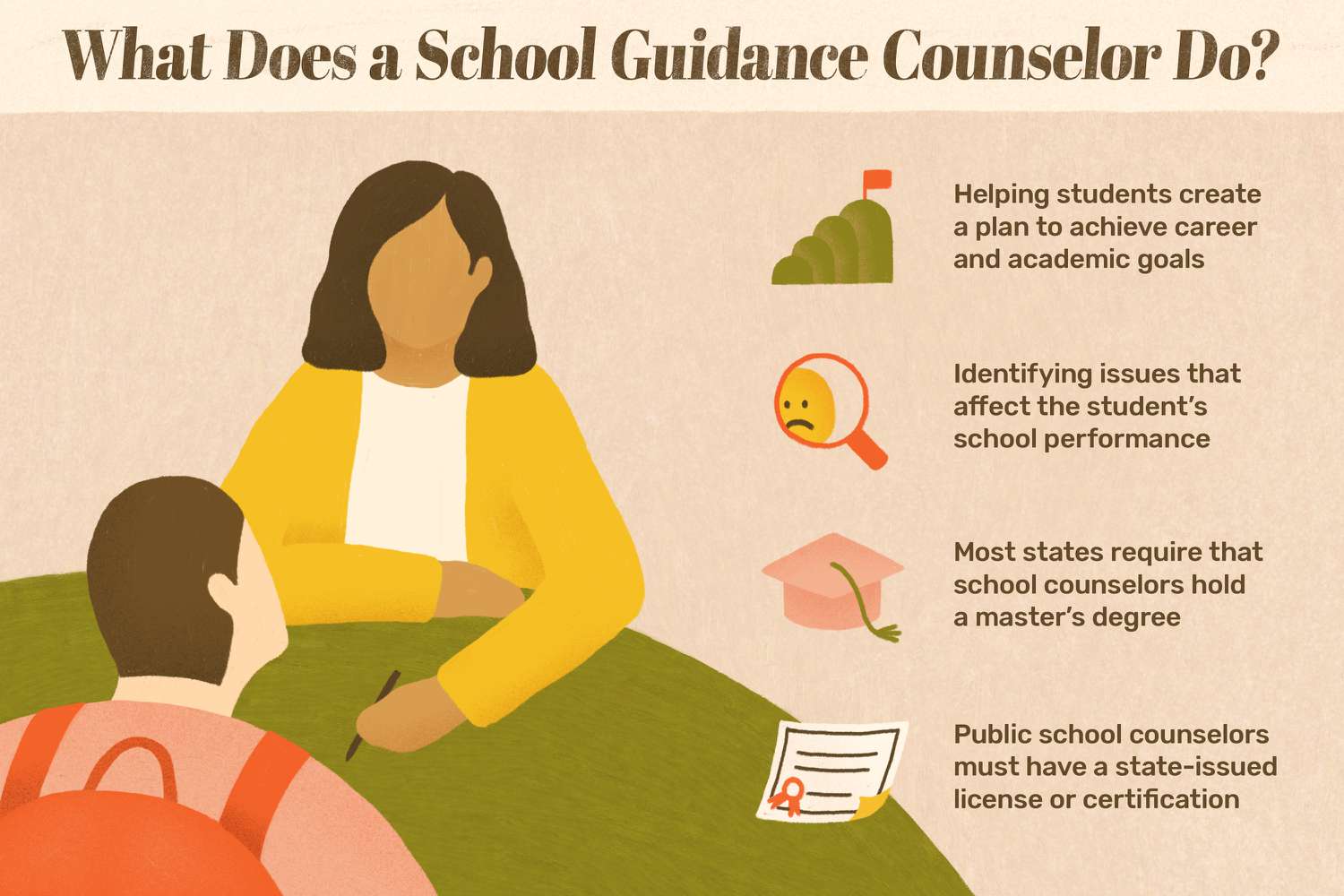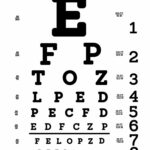Guidance counselors, the unsung navigators of the academic and emotional seas, chart courses for students facing a myriad of challenges. Think of them as cartographers of the adolescent mind, meticulously mapping out the contours of potential and providing the compass bearings needed for a successful voyage.
Their responsibilities are manifold, encompassing academic advising, career exploration, and personal/social development. It’s a role that demands empathy, astute observational skills, and a deep understanding of the developmental milestones that shape young lives.
I. Academic Alchemy: Transforming Potential into Performance
A. Course Selection and Planning: The cornerstone of academic guidance is assisting students in selecting appropriate courses. It’s not merely about filling slots on a transcript; it’s about creating a curriculum that aligns with individual interests, aptitudes, and future aspirations. Counselors delve into each student’s academic history, standardized test scores, and learning style to tailor a personalized educational pathway. They demystify graduation requirements and explore advanced placement options. This ensures students are challenged appropriately, fostering a sense of accomplishment rather than academic overwhelm.
B. Academic Intervention and Support: When academic headwinds threaten to capsize a student’s progress, the guidance counselor acts as a skilled rescuer. They identify students who are struggling academically. Counselors then develop and implement targeted interventions. This may involve connecting students with tutors, facilitating study skills workshops, or collaborating with teachers to modify instruction. It is about ensuring that every student has the resources and support needed to reach their full academic potential. They address learning gaps, mitigate achievement disparities, and promote a growth mindset.
C. Standardized Test Preparation: The specter of standardized tests looms large in the academic landscape. Guidance counselors provide invaluable support in preparing students for these high-stakes assessments. They offer guidance on test-taking strategies, practice tests, and resources for targeted skill development. This support extends beyond mere content review. Counselors address test anxiety, promote self-efficacy, and help students approach these assessments with confidence and composure.
II. Career Compass: Charting a Course Towards Purpose
A. Career Exploration and Assessment: The journey of career exploration begins with self-discovery. Guidance counselors employ a variety of tools and techniques to help students identify their interests, values, and skills. This may involve administering career interest inventories, facilitating career exploration workshops, or arranging informational interviews with professionals in various fields. It is a process of introspection and exploration, guiding students towards career paths that resonate with their individual strengths and passions.
B. College and Post-Secondary Planning: The transition from high school to college or other post-secondary options is a pivotal moment in a student’s life. Guidance counselors serve as invaluable guides through the complex process of college applications, financial aid, and admissions. They provide personalized advice on college selection, application essays, and scholarship opportunities. This support extends beyond the logistics of the application process. Counselors help students develop the skills and self-advocacy needed to thrive in a college environment.
C. Resume Building and Interview Skills: As students prepare to enter the workforce, guidance counselors equip them with the essential skills needed to succeed in the competitive job market. They provide guidance on resume writing, cover letter development, and interview techniques. This training includes mock interviews, constructive feedback, and strategies for showcasing one’s skills and experience to prospective employers. The aim is to empower students to confidently present themselves as qualified candidates and navigate the job search process with poise.
III. Emotional Equilibrium: Fostering Well-being and Resilience
A. Personal and Social Counseling: Beyond academics and career planning, guidance counselors provide a safe and supportive space for students to address personal and social challenges. They offer individual and group counseling services to help students navigate issues such as stress, anxiety, depression, bullying, and peer pressure. These interventions are tailored to the specific needs of each student. They promote emotional well-being, resilience, and healthy coping mechanisms.
B. Crisis Intervention and Referral: In times of crisis, guidance counselors serve as a vital lifeline for students in need. They are trained to identify and respond to students who are experiencing suicidal ideation, self-harm, or other mental health emergencies. They provide immediate support, assess the severity of the situation, and make appropriate referrals to mental health professionals or community resources. The goal is to ensure that students receive the specialized care and support they need to navigate difficult situations.
C. Conflict Resolution and Mediation: Conflicts are an inevitable part of the school environment. Guidance counselors play a crucial role in facilitating conflict resolution and mediation between students, teachers, or parents. They create a neutral and confidential space for all parties to express their perspectives and work towards mutually agreeable solutions. This process emphasizes active listening, empathy, and compromise. It promotes a more positive and collaborative school climate.
IV. Collaboration and Advocacy: A Systemic Approach
A. Collaboration with Teachers and Parents: Effective guidance counseling requires a collaborative approach that involves teachers, parents, and other school staff. Counselors regularly communicate with teachers to gain insights into student progress and identify potential concerns. They also work closely with parents to provide support, guidance, and resources to help them support their children’s academic and emotional well-being. This collaborative approach ensures that students receive consistent and coordinated support from all stakeholders in their lives.
B. Advocacy for Students: Guidance counselors are strong advocates for the needs of all students, particularly those who are marginalized or underserved. They work to ensure that all students have access to equitable educational opportunities and resources. They may advocate for changes to school policies or practices that are discriminatory or inequitable. They are champions for student success, working to create a more inclusive and supportive school environment for all.
C. Community Resource Liaison: Guidance counselors serve as a bridge between the school and the wider community, connecting students and families with valuable resources and support services. They maintain a comprehensive database of community organizations, mental health providers, and social service agencies. They are skilled at referring students and families to appropriate resources based on their individual needs. This ensures that students and families have access to the support they need to thrive, both inside and outside of the school environment.
In essence, the guidance counselor is a multifaceted role, requiring a unique blend of skills and competencies. They are the architects of opportunity, the navigators of challenge, and the champions of student potential.









Leave a Comment